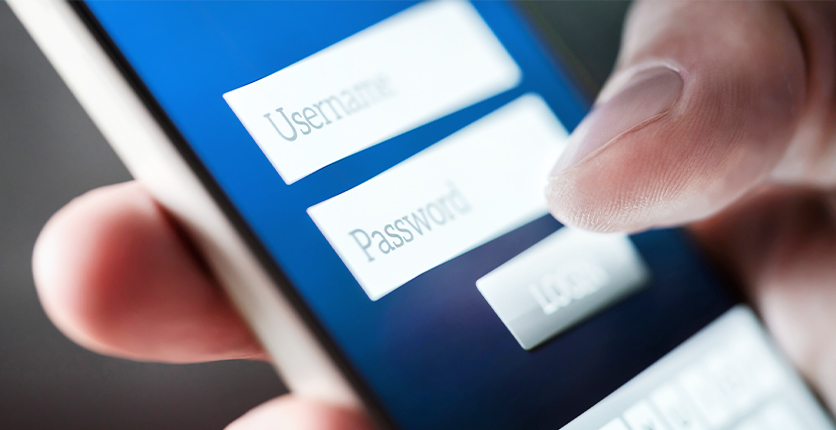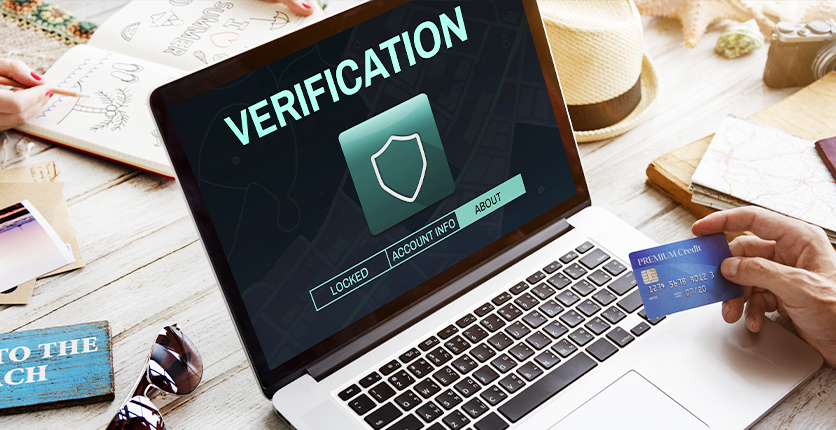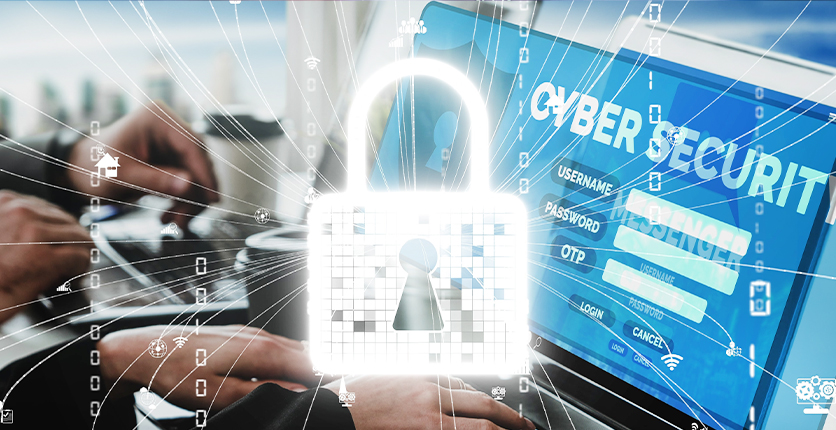So, you suspect that you’re a victim of an online scammer or cyber-thief. You’ve noticed suspicious charges on your bank or credit card statements, or perhaps you have been denied access to your bank accounts or received unfamiliar bills online.
Naturally, you’re in a panic. You might be wondering if somebody, somewhere, has your name, home address, email address, identity card number, passwords, and debit and credit card numbers, and you’re concerned that they might sell your personal details to other, more malicious cybercriminals or use the stolen information to commit more crimes.
With scam and cybercrime cases on the rise in Singapore, your situation is certainly not unique. According to data shared by the Singapore Police Force on 8 February 2023, the total number of scam and cybercrime cases increased by more than 25% to 33,669 in 2022, compared to 26,886 in 2021. Scam victims in Singapore were also cheated of $660.7 million last year, compared to $632 million in 2021. Phishing scams, job scams, e-commerce scams, investment scams and fake friend call scams made up the top five most common scam types.
Although your personal information is already in the hands of scammers or cyberthieves, it may not be too late to undo the damage. It’s also not too late to protect yourself from falling victim to another scam or cybercrime. In fact, you cannot afford not to take a proactive approach.
“Scams continue to pose a threat to the community and have become a matter of national concern,” says Elvin Lim, Group Head of Investigations, DBS Bank.
“Customers remain the first line of defence against scams, and they can do their part by keeping their banking and payment details safe and secure. The fight against scams is a shared responsibility. All of us, including banks, telcos, e-commerce companies, SMS aggregators and customers, need to do our part.”
What to do if you suspect that you’re a victim

If you’ve noticed unauthorised transactions or any other unusual, suspicious or fraudulent activity relating to your bank account or cards, the first thing you must do is assess what’s missing and then notify your financial institution.
You may also decide to report the scam to the National Crime Prevention Council (NCPC) or the police.
Your bank should have a dedicated fraud hotline; if it doesn’t, call your bank representative and inform them of the suspicious activity or transactions. If you can, temporarily block access to your funds. Cancel, “lock” and replace your cards, change your online banking passwords, disable online e-commerce transactions, and disable the contact-less or mobile wallet payment methods.
When reporting an alleged scam, you’re also required to provide the following information, says Elvin:
- Approximate date and time of the alleged scam or fraud,
- How the scam occurred, including channel used (phone, SMS, e-mail, e-commerce platform),
- A copy, such as a screenshot, of the scam or fraud message if available.
Getting restitution for a scam or cybercrime

Banks are invested in protecting their customers against fraud and scams. DBS, for example, has in place advanced monitoring and surveillance systems, which help them to detect unauthorised activities on customer accounts, and deploy advanced technology measures to keep online banking safe. Elvin adds that when a customer falls prey to a scam, the bank has dedicated resources in place to act swiftly and assist.
If you’re a victim of a scam that involves your bank account, it’s your bank’s job to look into the matter and decide what steps to take next.
“Every scam is different and needs to be investigated to determine the facts,” says Elvin.
“DBS does make goodwill offers and in doing so, we take into account several factors, such as the methodology of the scam, and any circumstances specific to the customer’s case.”
Protect yourself against future cybercrimes and scams

There are many ways to safeguard your money and personal information from cyberthieves and scammers. Whether or not you’ve been a victim of a scam, keep these tips in mind.
- Privacy matters. Never disclose your personal or Internet banking details and OTPs to anyone, says Elvin.
“Bank officers will never ask for your banking details or OTPs over the phone or via SMS. If you are in doubt, call the bank’s official hotline and verify the correspondence or email address.”
Information like your IC number, address, birth date and age can be used to plan scams – for instance, you may receive a call telling you that you have a parcel waiting to be delivered and asking you to pay for that delivery, adds says Kim Hock Leow, Asia CEO of Wizlynx Group, a company specialising in cyber security.

- Don’t blindly click on links. Before clicking on an email link, check that the sender’s email address is legitimate, says Hock Leow.
“Have you corresponded with the sender before? Does their domain name look suspicious? If you’re unsure, call or email the sender back to ask them for more information. Unless you’re certain that the sender is genuine, don’t click on any links they’ve sent you.”
The same goes for SMS links. Unless you have verified that the sender is legitimate, don’t click on them.
Remember, too, that banks do not send SMS-es containing links, Elvin adds.
Here are more tips on how to spot a scam.

- Change your passwords often. Cybersecurity experts recommend changing your passwords every three months, however, if you suspect that your files or accounts have been hacked into, or if your wallet or phone has been stolen or is missing, you should change your passwords right away, says Hock Leow.
- Don’t be fooled. Elvin says to be wary of “too good to be true” advertisements or get-rich-quick schemes. These are just some ways cyber criminals get people to part with their money or divulge their personal information.
- Never “lend” your bank account to anyone else. “Money mules who knowingly give up control of or sell their bank account or Singpass login details for the purposes of scams and money laundering activities will be investigated by the police,” Elvin explains.
Find out more about how to avoid impersonation scams and online shopping scams.

- Be a smart bank customer. Always verify the authenticity of claims of problems with your bank account or cards issued by the bank with the official bank website or sources, says Elvin.
And remember to enable transaction alerts on your accounts and cards so you can take immediate steps if you don’t recognise the transaction.
Finally, if you’re receiving multiple OTP approvals, change your PIN immediately and report this to your bank.
- Be “app aware”. Be careful of the apps you’re installing on your phone as they may contain malware, Elvin advises. Avoid giving apps access to:
- Accessibility Service permissions, such as “Observe your actions”, “Retrieve Window Content”, “Perform Gestures”.
- Notification Access, as these will allow apps to receive and delete SMS-es and hide notification alerts from you.
Want more articles like this, and other lifestyle content right in your inbox? Download the new SAFRA mobile app and opt in for the eNSman Newsletter – you don’t need to be a SAFRA member to subscribe – and never miss another story!







